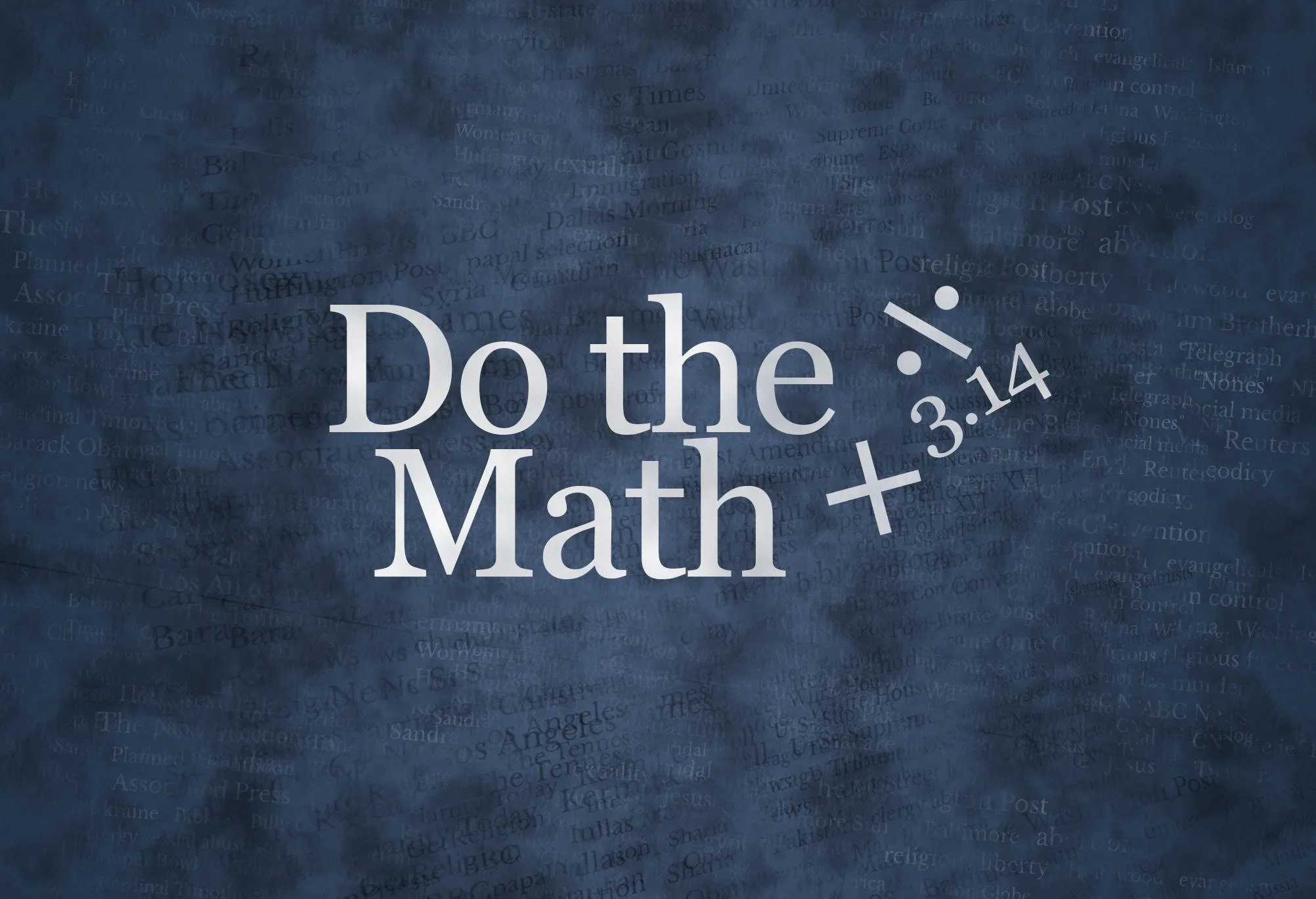I have no idea if Pope Francis follows professional hockey — but that really isn’t what this post is about.
This post starts with some fascinating “scare quotes” in a headline with a Reuters report about another Pride Night controversy in the National Hockey League.
The use of “scare quotes” is a topic that, to put it mildly, consistently pushes buttons for GetReligion readers. Once again, here is a Merriam-Website definition of that term:
scare quotes …
: quotation marks used to express especially skepticism or derision concerning the use of the enclosed word or phrase
This brings us to that Reuters headline: “Rangers back right to 'beliefs' after Pride Night jerseys absent from warm-ups.” Actually, based on the context, that should have been “religious beliefs” — because it’s clear that this reference refers to centuries of religious doctrines, in several faiths.
What happened here? New York Rangers players were scheduled to take part in pre-match warm ups, as part of the team’s seventh annual Pride Night festivities, with Pride-themed jerseys and hockey sticks. That didn’t happen, which made headlines. Here is a key part of that Reuters story, which I will note did not contain “scare quotes” around the controversial term.
… one player told the New York Post … that he saw only his standard jersey hanging in his locker when he went to get ready and did not know why the alternate top was not available.
"Our organization respects the LGBTQ+ community and we are proud to bring attention to important local community organizations as part of another great Pride Night," Rangers said in a statement.
"In keeping with our organization’s core values, we support everyone’s individual right to respectfully express their beliefs."
I guess it is possible that a professional athlete could have “political” beliefs that were relevant in this case. There may even be Seinfeld-ian “compelled speech” issues here (Click here for classic clip on YouTube). In light of recent news, it’s clear the headline writer’s “scare quotes” nod refers to centuries of Christian doctrine on marriage and sex.










